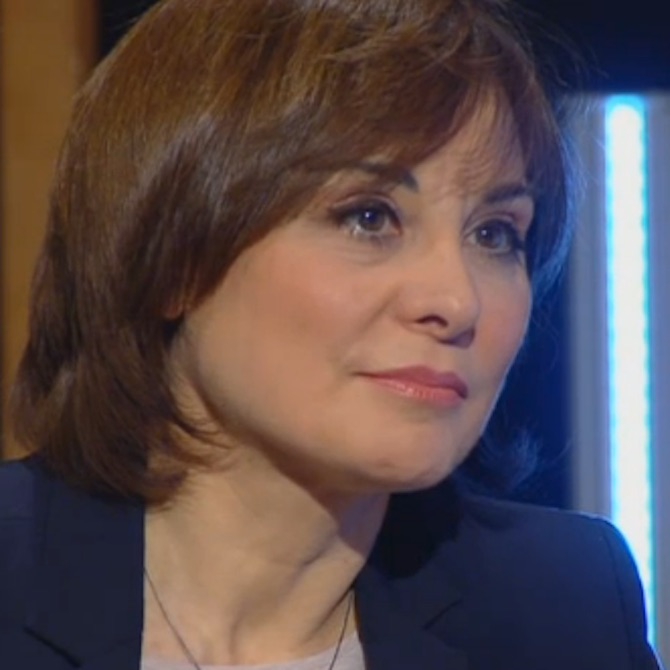Search
To search for an exact match, type the word or phrase you want in quotation marks.
A*DESK has been offering since 2002 contents about criticism and contemporary art. A*DESK has become consolidated thanks to all those who have believed in the project, all those who have followed us, debating, participating and collaborating. Many people have collaborated with A*DESK, and continue to do so. Their efforts, knowledge and belief in the project are what make it grow internationally. At A*DESK we have also generated work for over one hundred professionals in culture, from small collaborations with reviews and classes, to more prolonged and intense collaborations.
At A*DESK we believe in the need for free and universal access to culture and knowledge. We want to carry on being independent, remaining open to more ideas and opinions. If you believe in A*DESK, we need your backing to be able to continue. You can now participate in the project by supporting it. You can choose how much you want to contribute to the project.
You can decide how much you want to bring to the project.
A Royal Affair (2012) is a film that confirms the excellent health of Danish cinema, and also the concentration of talent per square metre in such a small country. It is not a cult film, nor is the director, though the name Lars von Trier appears as executive producer. Fairly classical in style, A Royal Affair centres on a drama that forms part of Danish history, situated in the second half of the 18th Century, starring a triangle formed of the king Christian VII, known for his emotionally unstable personality, his wife, Caroline Mathilde and Johann Struensee, the king’s personal doctor. The film focuses on the relationships between the three characters: the trust and dependency between Christian and Struensee and the complicity between Caroline Mathilde and Struensee, the first based on intellectual complicity and shared ideals and, later, on sentimental ties.
One of the great achievements of the film is the way that these characters and the plot are ensnared within a more transcendent conflict, the shift from a still medieval society to the opening up of the Enlightenment (it’s curious how the term seems less open in its denomination Illustración in Spanish, than in other languages: Lumières, Illuminismo, Aufklärung …). A Royal Affair shows to perfection the stagnation of certain social classes and their fierce struggle to maintain structures that are demonstrably out of date, founded on exploitation, ignorance, superstition and tyranny. Struensee, Caroline Mathilde and a small group of nobles, with the more or less conscious complicity of Christian VII, try to change the model of society (and manage to do so, briefly), following ideas of the thinkers of the Enlightenment. Amongst other measures they managed to abolish censorship, slavery, and to dissolve a corrupt and moribund State Council.
Even though the film’s trailer highlights some of the more sentimental and almost epic features of the story, one of the virtues of A Royal Affair is its classicism and the wealth of nuances that means the clothing and wigs of the time fall to a second plane, making it easy to transpose some of the questions it raises to the present day. In fact, every day we witness this struggle between models, between these two possible routes: on the one hand, a more egalitarian, democratic and open society and on the other, a desire to control and manipulate, to limit knowledge and instigate certain types of censorship, reducing workers’ and social rights and, now, it seems nothing is untouchable, not even humans.

Montse Badia has never liked standing still, so she has always thought about travelling, entering into relation with other contexts, distancing herself, to be able to think more clearly about the world. The critique of art and curating have been a way of putting into practice her conviction about the need for critical thought, for idiosyncrasies and individual stances. How, if not, can we question the standardisation to which we are being subjected?
www.montsebadia.net
"A desk is a dangerous place from which to watch the world" (John Le Carré)